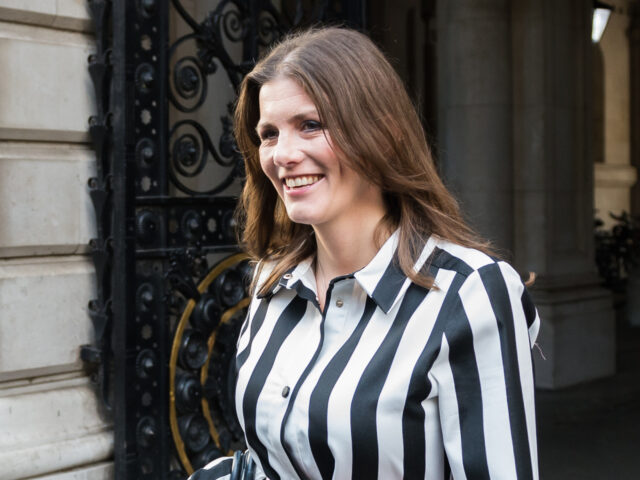Britain’s new culture secretary has strongly hinted that Prime Minister Liz Truss will drop China-like restrictions on “legal but harmful” speech from the controversial Online Safety Bill.
A proposed law looking to force social media companies to crack down on free speech online even more drastically now looks likely to be amended, with the United Kingdom’s new culture secretary, Michelle Donelan, strongly hinting that the part of the bill mandating companies regulate so-called “legal but harmful speech” will be scrapped.
Such proposed restrictions have previously been compared to measures currently in place in Communist China, with many even within Britain’s governing Conservative (Tory) Party — which has a woeful record on the issue of free speech — expressing concern about the extremity of the new measures.
However, with the two main champions of the bill, former home secretary Priti Patel and former culture secretary Nadine Dorries, unceremoniously vacating their positions upon the ascension of Liz Truss as Prime Minister, it appears that the political to impose restrictions on “legal but harmful” speech has now seriously waned.
Speaking to the state-owned BBC on Tuesday, Donelan confirmed that the Truss government now wants to amend parts of the bill to do with “legal but harmful” speech — though she also said the government would not be revealing exactly what these changes are until the bill appears in front of the House of Commons again.
Nevertheless, Donelan claimed that she has a “strong track record” for standing up for free speech, describing herself as a “champion of free speech”, while also referencing the fact that the Prime Minister has said that she wants to ensure free speech is protected even with the passing of the bill.
With the bill originally looking to force social media companies to proactively censor legal speech on their platforms, news that the post-Boris Johnson British government is looking to dilute these parts of it will likely be welcomed by many.
However, the remaining parts of the legislation may nevertheless pose a massive threat to freedom of speech in Britain, with the bill looking to make social media companies accountable to Ofcom, the United Kingdom’s broadcast regulator.
Under current rules set out by the watchdog, the airing of so-called “hate speech” is banned, with the term encompassing “all forms of expression which spread, incite, promote or justify hatred based on intolerance on the grounds of disability, ethnicity, social origin, gender, sex, gender reassignment, nationality, race, religion or belief, sexual orientation, colour, genetic features, language, political or any other opinion, membership of a national minority, property, birth or age.”
Measures within the bill aimed at protecting children, in particular, from certain kinds of speech could also end up calling massive problems, with technology website TechCrunch suggesting that sites may have to end up either banning all content that is not legal to be viewed by children — which would in effect result in a similar situation as if the “legal but harmful” restrictions remained for social media companies — or require some or all users to provide proof of age to access online content.
The latter of these two options has already proven problematic in Britain, with the British government previously being forced to pull planned measures at the last possible moment which would have forced all pornography websites to verify the ages of users over privacy concerns.

COMMENTS
Please let us know if you're having issues with commenting.